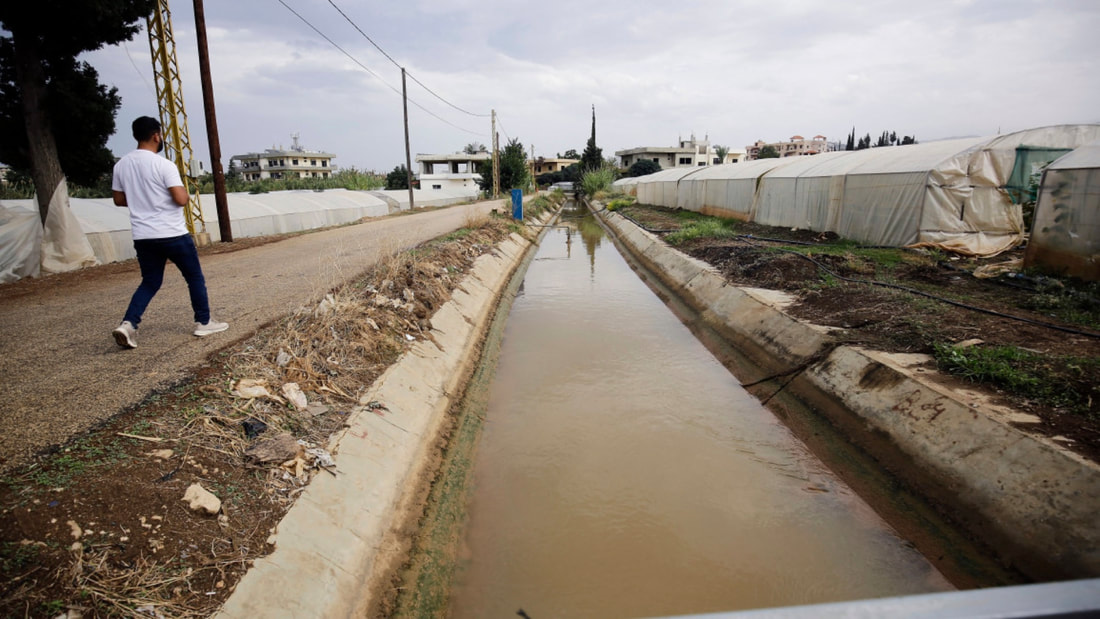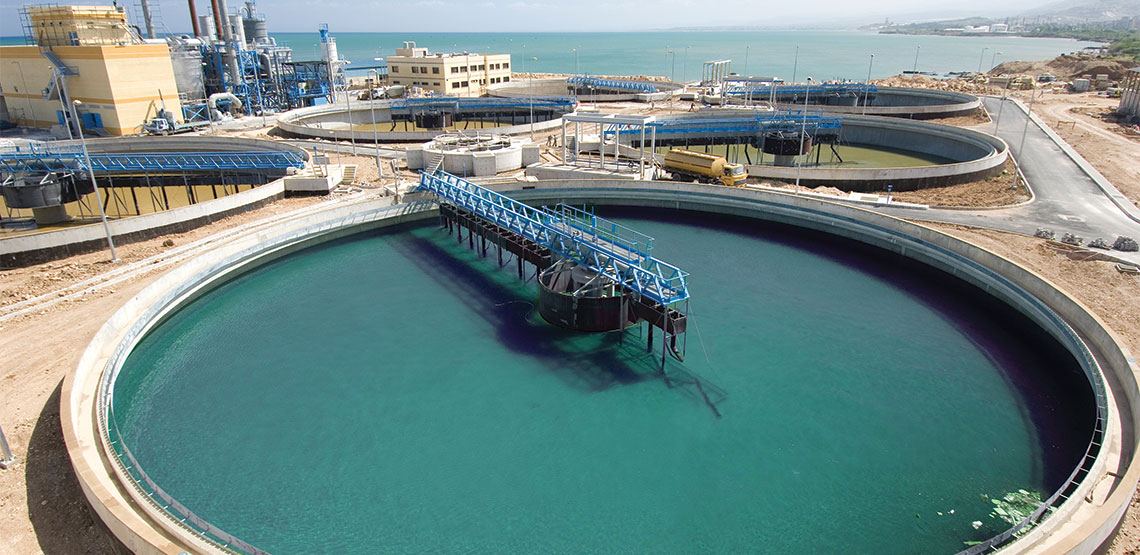Ghida SoubraCopyright © 2022 Getty, The New Arab. As Lebanon struggles amid poor sanitation and collapsing infrastructure exacerbated by the unprecedented and ongoing economic crisis, October 2022 marked the first cholera outbreak in almost three decades. The near epidemic currently being witnessed illustrates the utmost need for adopting a Water-Energy-Food (WEF) nexus approach. The WEF nexus reflects a holistic, socio-ecological system perspective that values all three sectors equally and draws on the synergies among them.
Rami Abi AmmarCopyright © 2022 BUTEC. Cholera is an acute diarrheal disease arising from the ingestion of the Vibrio cholerae bacterium through fecally-contaminated water or food. People infected with cholera may lose up to 25 liters of fluid per day due to vomiting and diarrhea. The loss of fluid and salts can cause severe dehydration and death within hours if patients are not treated promptly and adequately. Cholera outbreaks are often linked to poor water and sanitation infrastructure that facilitates the spread of the bacterium within water and food systems. As such, the risk of cholera epidemics is higher in humanitarian emergency settings, including settlements and crowded areas of displaced populations that lack adequate access to clean water, sanitation and health services. The incubation period of the Cholera bacterium is relatively short (between two hours and five days); therefore, the number of cases and fatalities can increase rapidly, creating serious public health concern.
Common Sources of Cholera Transmission
|
Archives
July 2024
Categories |
The views expressed on this blog are solely those of the authors, and do not necessarily reflect the views of the Issam Fares Institute for Public Policy & International Affairs.


